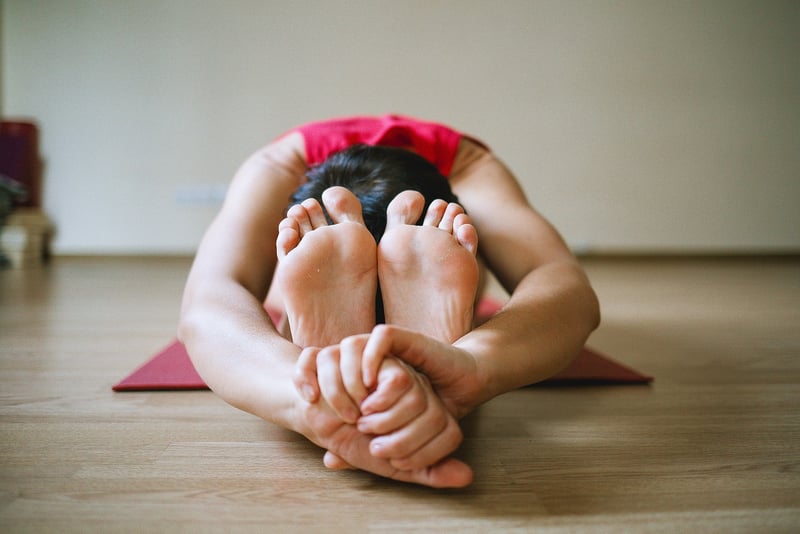Relaxation Techniques
Enhance Your Well-Being with Relaxation Techniques
In today's fast-paced world, it's essential to prioritize your well-being and find moments of relaxation amidst the hustle and bustle of daily life. Incorporating relaxation techniques into your routine can help reduce stress, improve mental clarity, and enhance overall happiness and productivity. Here are some effective practices to promote personal well-being:
1. Mindfulness Meditation
Practicing mindfulness meditation involves focusing your attention on the present moment without judgment. This technique can help calm the mind, increase self-awareness, and reduce anxiety. Find a quiet space, sit comfortably, and take deep breaths while being mindful of your thoughts and sensations.
2. Deep Breathing Exercises
Deep breathing exercises are simple yet powerful tools for relaxation. By taking slow, deep breaths, you can activate the body's relaxation response, lower heart rate, and reduce tension. Practice deep breathing whenever you feel stressed or overwhelmed to bring a sense of calm and balance.
3. Progressive Muscle Relaxation
Progressive muscle relaxation involves tensing and then relaxing different muscle groups in the body to release physical tension. Start from your toes and work your way up to your head, focusing on each muscle group for a few seconds before releasing. This technique can help relieve muscle stiffness and promote relaxation.
4. Visualization Techniques
Visualization techniques involve imagining peaceful and calming scenes to create a sense of relaxation. Close your eyes and visualize a serene beach, a tranquil forest, or any place where you feel at ease. Engaging your senses in this mental imagery can help reduce stress and anxiety.
5. Yoga and Tai Chi
Practicing yoga or Tai Chi combines physical movement with breath control and mindfulness, promoting relaxation and stress relief. These ancient practices can improve flexibility, balance, and overall well-being. Join a local class or follow online tutorials to experience the benefits of these mindful exercises.

6. Journaling and Gratitude Practices
Writing in a journal and practicing gratitude can help enhance self-reflection and cultivate a positive mindset. Take a few minutes each day to jot down your thoughts, feelings, and things you are grateful for. Reflecting on the positive aspects of your life can boost your mood and well-being.
7. Nature Walks and Outdoor Activities
Spending time in nature and engaging in outdoor activities can have a calming and rejuvenating effect on your well-being. Take a leisurely nature walk, go hiking, or simply sit in a park to connect with the natural world and reduce stress. Fresh air and sunlight can uplift your mood and energy levels.

By incorporating these relaxation techniques and practices into your daily routine, you can nurture your well-being, manage stress effectively, and cultivate a greater sense of peace and balance in your life.
Remember, taking care of your mental and emotional health is a vital aspect of overall wellness. Prioritize self-care and relaxation to lead a happier and more fulfilling life.
